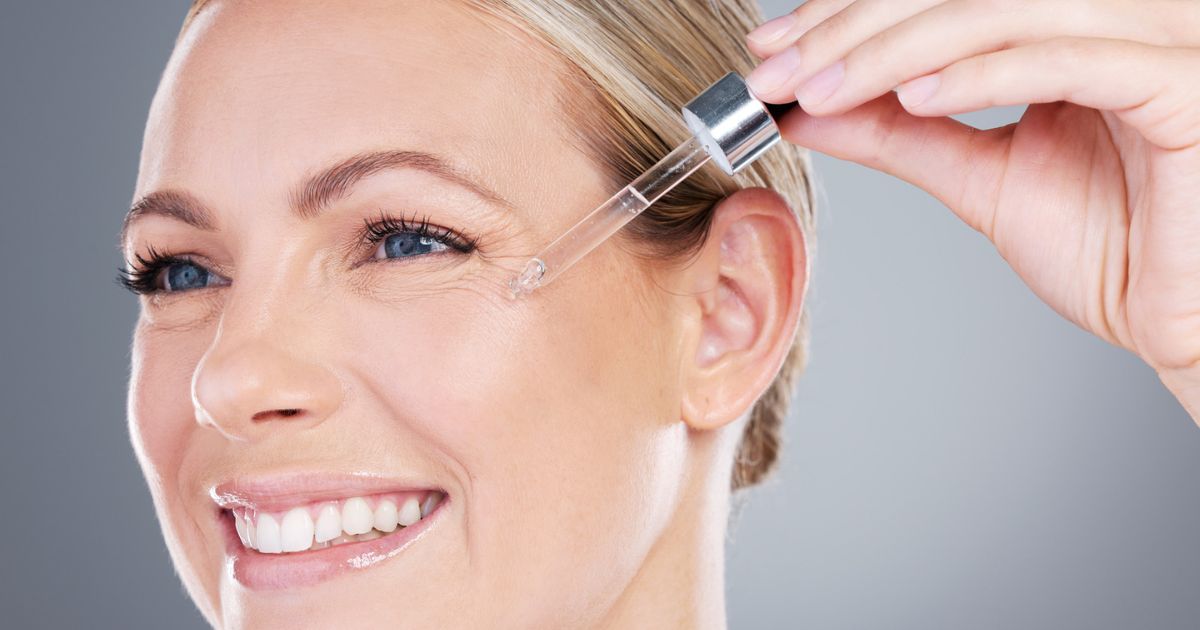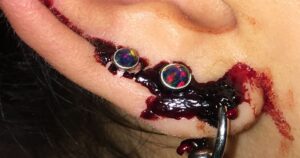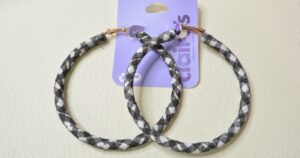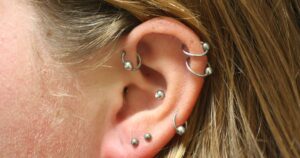Unlock the secrets to a flawless complexion even while using retinol with our comprehensive guide on getting facials. Like a gentle breeze on a sun-kissed beach, our knowledgeable experts will navigate you through the intricacies of combining facials with retinol. Discover the facials that harmonize with this powerful ingredient, while avoiding those that may disrupt your skincare routine. Join our community of beauty enthusiasts and embrace the art of achieving radiant skin with retinol-infused facials.
Key Takeaways
- Retinol improves skin texture, reduces acne, and promotes cell turnover.
- Professional facials focusing on gentle exfoliation and hydration are recommended.
- Avoid harsh treatments like chemical peels that may cause excessive peeling or redness.
- Consult with an esthetician experienced with retinol for personalized advice.
The Best Facial While on Retinol
When considering the best facial while on retinol, it is important to carefully choose a treatment that complements and enhances the benefits of this powerful skincare ingredient. Retinol, a form of retinoid, is known for its ability to improve skin texture, reduce acne, and promote cell turnover. However, it can also make the skin more sensitive and prone to irritation. Professional facials that focus on gentle exfoliation and hydration, performed by an esthetician experienced with retinol, can be a great addition to your skincare routine. Avoid harsh treatments like chemical peels that may cause excessive peeling or redness.
Facials to Avoid While on Retinol
To maximize the benefits of retinol and minimize potential skin irritations, it is advisable to avoid facials that involve harsh exfoliation or strong chemical treatments. These types of facial treatments can further increase skin sensitivity and may cause excessive irritation when combined with retinol products. Retinoids, such as retinol, already work to improve skin texture and promote skin cycling. Instead, opt for gentle facial treatments that focus on hydration and nourishment to address your skin concerns while using retinol.
Microdermabrasion and Retinol
Although microdermabrasion can be effective for skin exfoliation, it is important to exercise caution when considering this treatment while using retinol. Microdermabrasion involves removing the top layer of dead skin cells, promoting collagen production and improving the overall texture and appearance of the skin. However, retinol is a potent active ingredient that can cause skin sensitivity and irritation. Combining microdermabrasion with retinol may increase the risk of adverse reactions. Now let’s explore whether botox and retinol can coexist.
Botox and Retinol: Can They Coexist
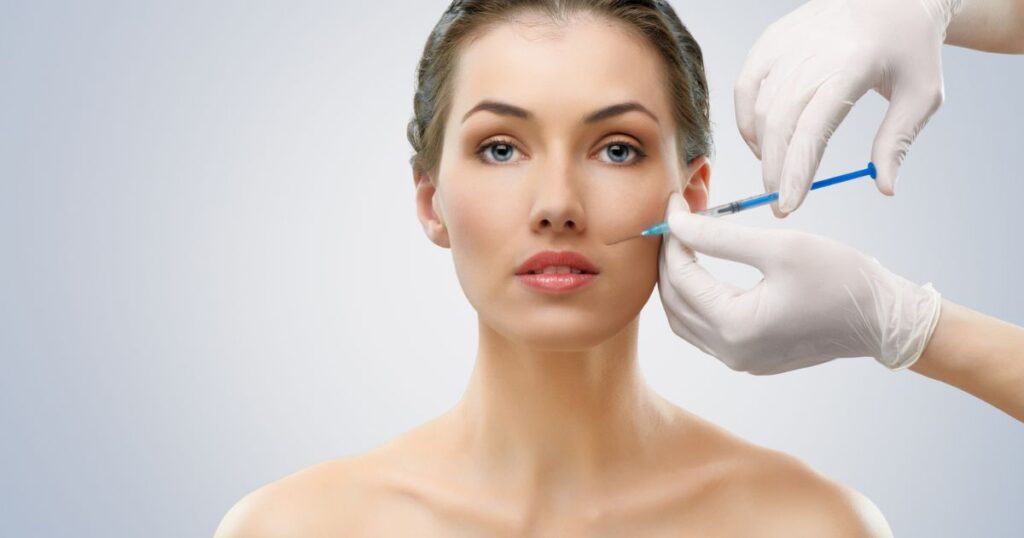
Botox and retinol can coexist harmoniously, provided that certain precautions are taken. Both Botox and retinol are active skin care products that address different skin concerns. Botox is commonly used to reduce the appearance of wrinkles and fine lines, while retinol is known for its anti-aging benefits and ability to improve skin conditions. When incorporating retinol into your skincare routine, it is important to consult with a dermatologist and follow a personalized anti-aging skincare program to ensure that the use of Botox and retinol can coexist effectively.
Lip Fillers and Retinol: What You Need to Know
Three important considerations when combining lip fillers and retinol are the timing of the treatments, potential side effects, and the importance of consulting with a qualified professional. It is crucial to understand the effects of retinol on the skin and how it may interact with lip fillers. Here are three key points to keep in mind:
- Timing: It is recommended to wait at least two weeks after getting lip fillers before starting a retinol regimen to allow for proper healing.
- Potential Side Effects: Retinol can cause dryness, redness, and peeling, which may be exacerbated when combined with lip fillers. It is essential to monitor your skin closely and adjust your skincare routine accordingly.
- Consultation with a Professional: Seeking advice from a qualified professional, such as a dermatologist or cosmetic surgeon, is crucial when considering the use of retinol and lip fillers together. They can provide personalized guidance and ensure the safety and effectiveness of your skincare and lip enhancement regimen.
Chemical Peels and Superficial Peels With Retinol
Chemical peels, when combined with retinol, can provide effective exfoliation and skin rejuvenation. Retinol is a derivative of vitamin A and is commonly used in skincare products for its anti-aging benefits. Superficial peels, also known as light chemical peels, are a popular choice for facial treatments. These peels can help improve skin cell turnover and address various skin concerns. When used in combination with retinol, chemical peels can enhance the overall effectiveness of the treatment, providing noticeable results for a more youthful and radiant complexion.
Facial Waxing and Plucking With Retinol
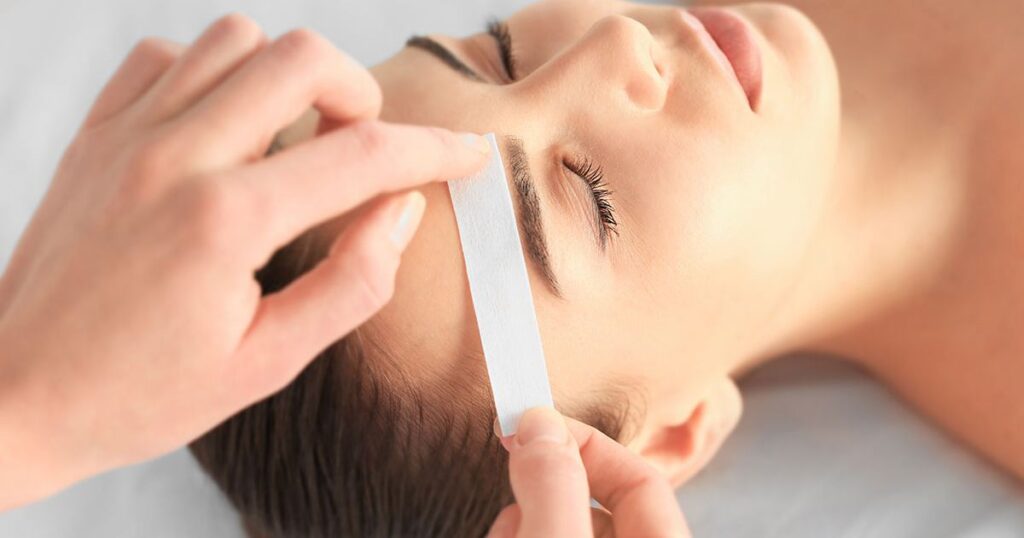
Facial waxing and plucking can be challenging when using retinol due to the increased sensitivity and potential for skin irritation. It is important to approach these hair removal methods with caution to avoid any adverse effects. Here are a few things to consider when combining retinol with facial waxing and plucking:
- Retinol can increase skin sensitivity, making the skin more prone to irritation and redness during waxing and plucking.
- It is advisable to avoid waxing or plucking areas where retinol has been applied, as it may cause breakouts or further skin irritation.
- If facial hair removal is necessary, it is recommended to discontinue retinol use for a few days prior to the procedure and resume retinoids at night afterward to minimize the risk of irritation.
Moving on to the next section, let’s explore the impact of retinol on facial laser treatments and electrolysis.
Facial Laser Treatments and Electrolysis With Retinol
Many individuals undergoing facial laser treatments or electrolysis with retinol may experience enhanced results and reduced side effects. Retinol, a type of retinoid, is known for its skin benefits, including reducing fine lines, improving skin texture, and promoting collagen production. However, it can also cause skin irritation, especially when combined with professional treatments like facial laser or electrolysis. It is crucial to consult with a medical professional to ensure maximum benefit and minimize the risk of adverse reactions.
Microneedling and Retinol: A Comprehensive Guide
When considering the combination of retinol and microneedling, it is essential to understand the potential benefits and precautions involved.
- Microneedling helps stimulate collagen production in the skin, promoting a youthful appearance.
- Retinol, a highly effective topical medication, can enhance the results of microneedling by increasing cell turnover and improving overall skin texture.
- However, it is crucial to consult with a dermatology team before combining retinol and microneedling to avoid potential reactions and ensure optimal results.
Facials Involving Extractions and Retinol: What to Consider
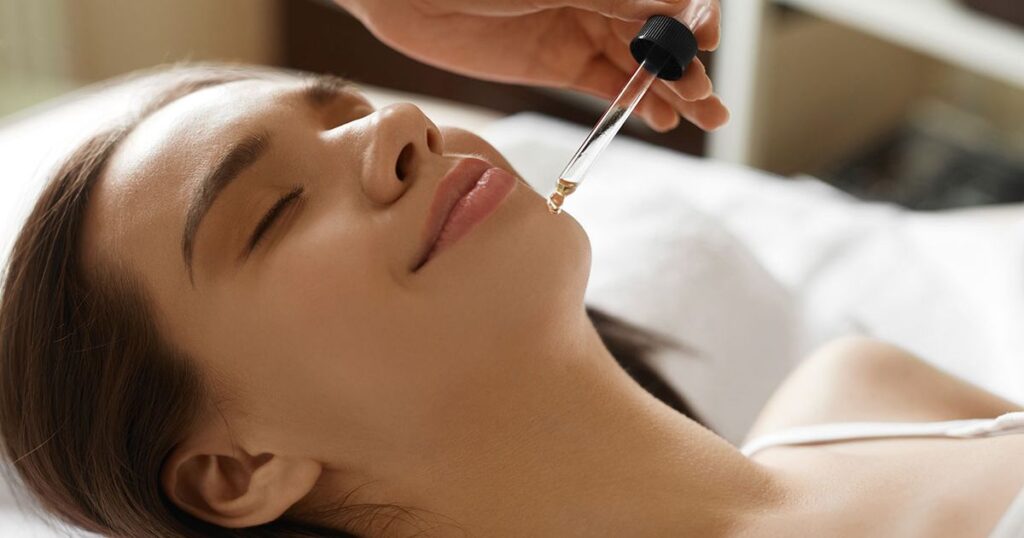
During a facial involving extractions, it is important to consider the potential interactions and precautions when using retinol. Retinol is a powerful ingredient commonly used for its anti-aging and acne-fighting properties. However, it can make the skin more sensitive, increasing the risk of irritation and inflammation during extractions. It is crucial to communicate with your esthetician about your retinol use and any concerns you may have, as they can help adjust the facial to ensure the best results for your skin. Additionally, it is essential to continue using sunscreen and follow a proper skincare routine that includes gentle exfoliation to maintain a healthy complexion and even skin tone.
Frequently Asked Questions
Can I Use Retinol While Pregnant or Breastfeeding?
Using retinol while pregnant or breastfeeding is not recommended due to potential risks to the baby. It is important to consult with a healthcare professional for guidance on safe skincare practices during this time.
Can I Use Retinol if I Have Sensitive Skin?
While it is generally safe to get a facial while using retinol, it is important to consult with a dermatologist or esthetician who can assess your skin’s sensitivity and adjust the treatment accordingly to avoid any potential irritation or adverse reactions.
Can I Use Retinol if I Have a History of Skin Allergies?
Retinol is generally safe to use for individuals with a history of skin allergies, but it is always recommended to consult with a dermatologist before incorporating it into your skincare routine.
Can I Use Retinol if I Have a Skin Condition Like Rosacea or Eczema?
Using retinol while having skin conditions like rosacea or eczema can be risky. It is important to consult with a dermatologist before using retinol to ensure it is safe and appropriate for your specific skin condition.
Can I Use Retinol if I Am Using Other Skincare Products or Medications?
While using retinol, it is generally safe to receive a facial, but caution must be exercised. Consult with a skincare professional to ensure compatibility with other products or medications, and minimize the risk of irritation or adverse reactions.
Conclusion
In conclusion, while it is possible to get a facial while using retinol, it is crucial to be aware of the potential risks and limitations. Certain facials, such as those involving microdermabrasion, Botox, lip fillers, facial waxing, and laser treatments, may not be suitable for those using retinol. However, microneedling and facials with extractions can be done with caution. It is essential to consult with a skincare professional to determine the best course of action for your specific needs.
